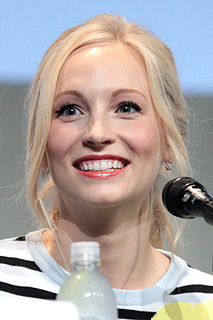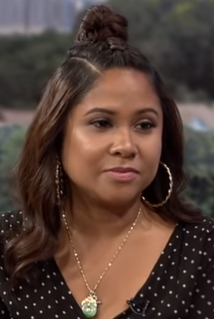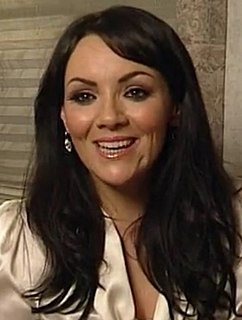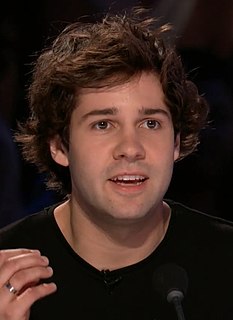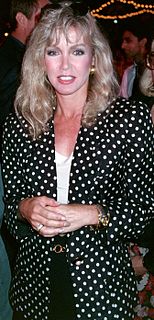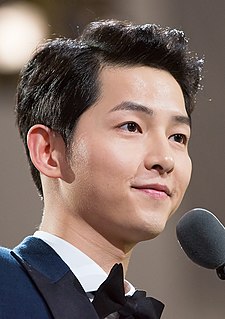A Quote by Jay Maisel
Related Quotes
In case you haven't heard, my girlfriends and I have declared the summer of 2012 as the best summer ever. The best way to document said 'best summer ever' is with a good ol' disposable camera. Smile, click, move on! Nobody gets pic approval, and there's no time wasted gathering around the camera to analyze a moment that just happened.
A huge part of what we do as actors is learning to ignore the camera, as if it's not even there, while simultaneously being very aware of the camera and what it's capturing, because you can give the best performance of your life, but if you do it with the back of your head facing the camera, it's going to get cut from the movie.
I'm very heavily involved in the editorial post-production process, and the camera - it's just such a big part of my storytelling language. I like creating the tension; I like creating the emotion through the movement of my camera, or the lack of movement through my camera, depending on what fits the scene best.
The camera has a mind of its own--its own point of view. Then the human bearer of time stumbles into the camera's gaze--the camera's domain of pristine space hitherto untraversed is now contaminated by human temporality. Intrusion occurs, but the camera remains transfixed by its object. It doesn't care. The camera has no human fears.


